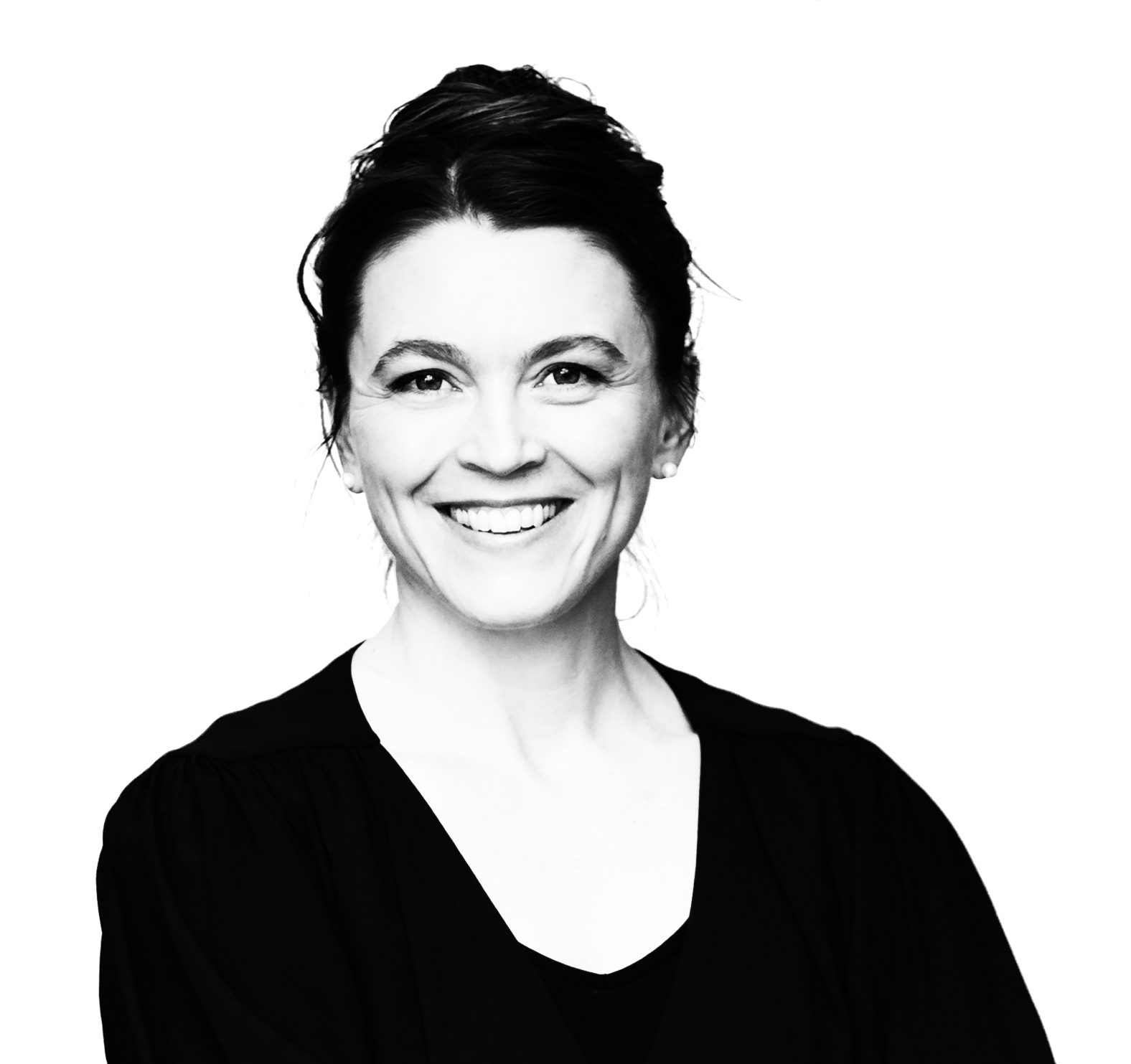The engine cuts off. Only the sound of a high wind whistles on. With nothing to propel our little speedboat along, we’re at the mercy of frighteningly tall waves. The engine jumps to life. And dies again. This endless cycle of despair and relief continues, until we eventually reach our destination. This was my first lesson in redundancy: to be on the safe side, always take along two of any crucial component – in this case, two outboard motors.
Nature has its spare motors too. Functional redundancy, it’s called. Two or more species that do roughly the same thing can make an ecosystem more resilient. For example, different species of coral build the structure of the reef by depositing calcium carbonate. If one of the species happens to disappear, because it’s a bit more vulnerable to change, the system can still go on functioning. That is a reassuring idea. It makes biodiversity a kind of insurance against the collapse of an ecosystem. In economic terms, you can see it as a type of risk diversification, where per sector you invest in several different companies. However, don’t let those overlapping ecological roles tempt you into thinking: oh well, just let that species go. Our understanding of how everything works is generally not profound enough to make that call. For now, the safest strategy is to cherish a great diversity of species. Even such bizarre species as the dancing pom-pom crab . ‘Too weird to live, too rare to die’, as the writer Hunter S. Thompson puts it.
Let us broaden our definition of a successful scientist so that more people answer to the description.
Within the academic ecosystem, we tend to be highly dependent on one species of successful scientist. A competitive one that gets big grants and publishes a lot. This approach allows for too little diversity of talent.
In 2019, all universities and research funding bodies in the Netherlands took a clear joint position in a publication called Room for everyone’s talent, which calls for a new approach to recognizing and rewarding the various roles that are necessary for a smoothly functioning university. Dutch universities are now working on interpreting and operationalizing the idea. Let us broaden our definition of a successful scientist so that more people answer to the description. That would do no harm to our quality. In fact, it would increase our diversity as scientists. So the university can sail ahead, even in stormy weather.
Lisa Becking is an assistant professor at the Marine Animal Ecology Group, a researcher at Wageningen Marine Research and a board member of the national Young Academy, partly under the auspices of the Royal Netherlands Academy of Arts & Sciences. She has an eye for art above and below sea level.

